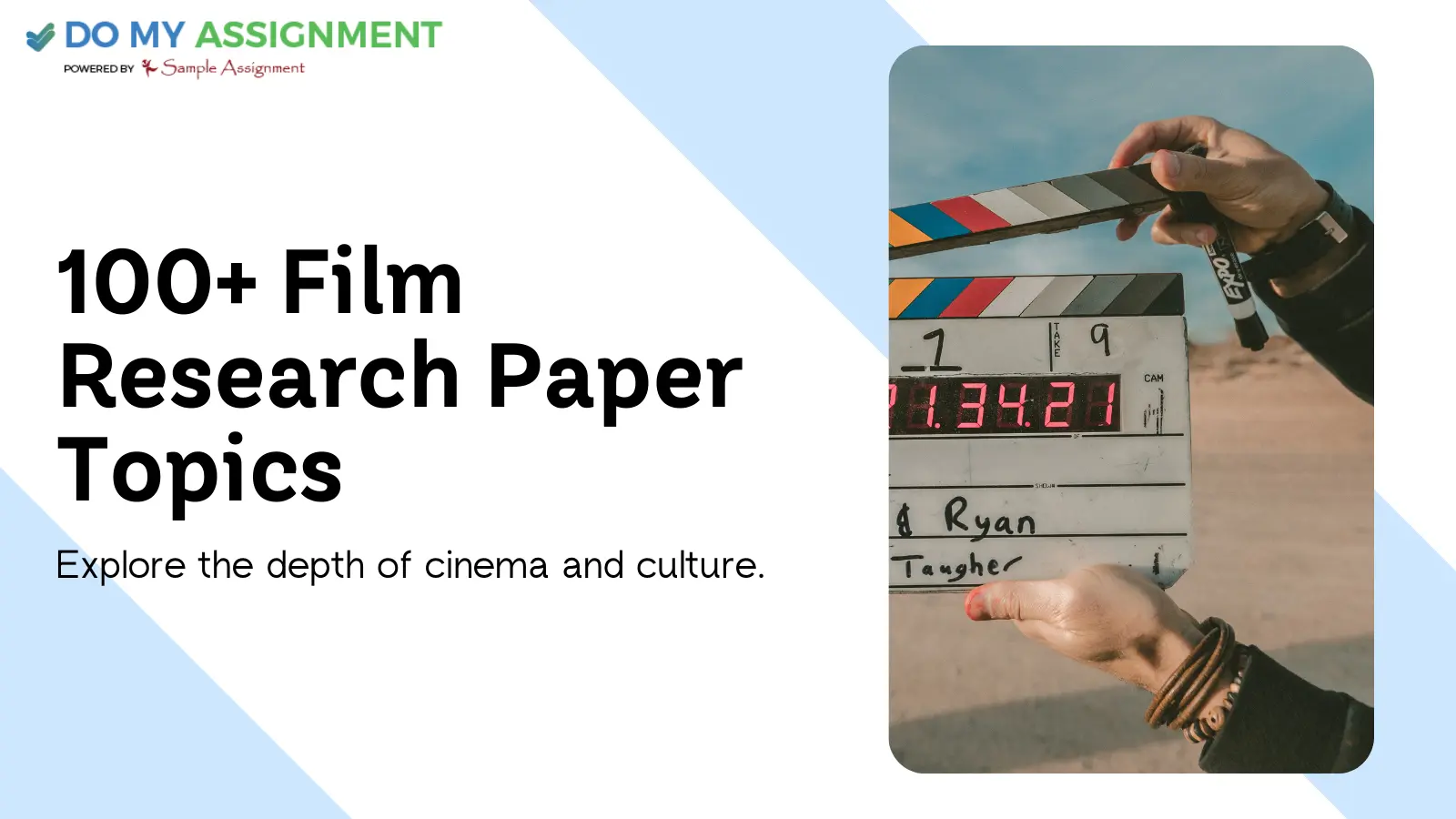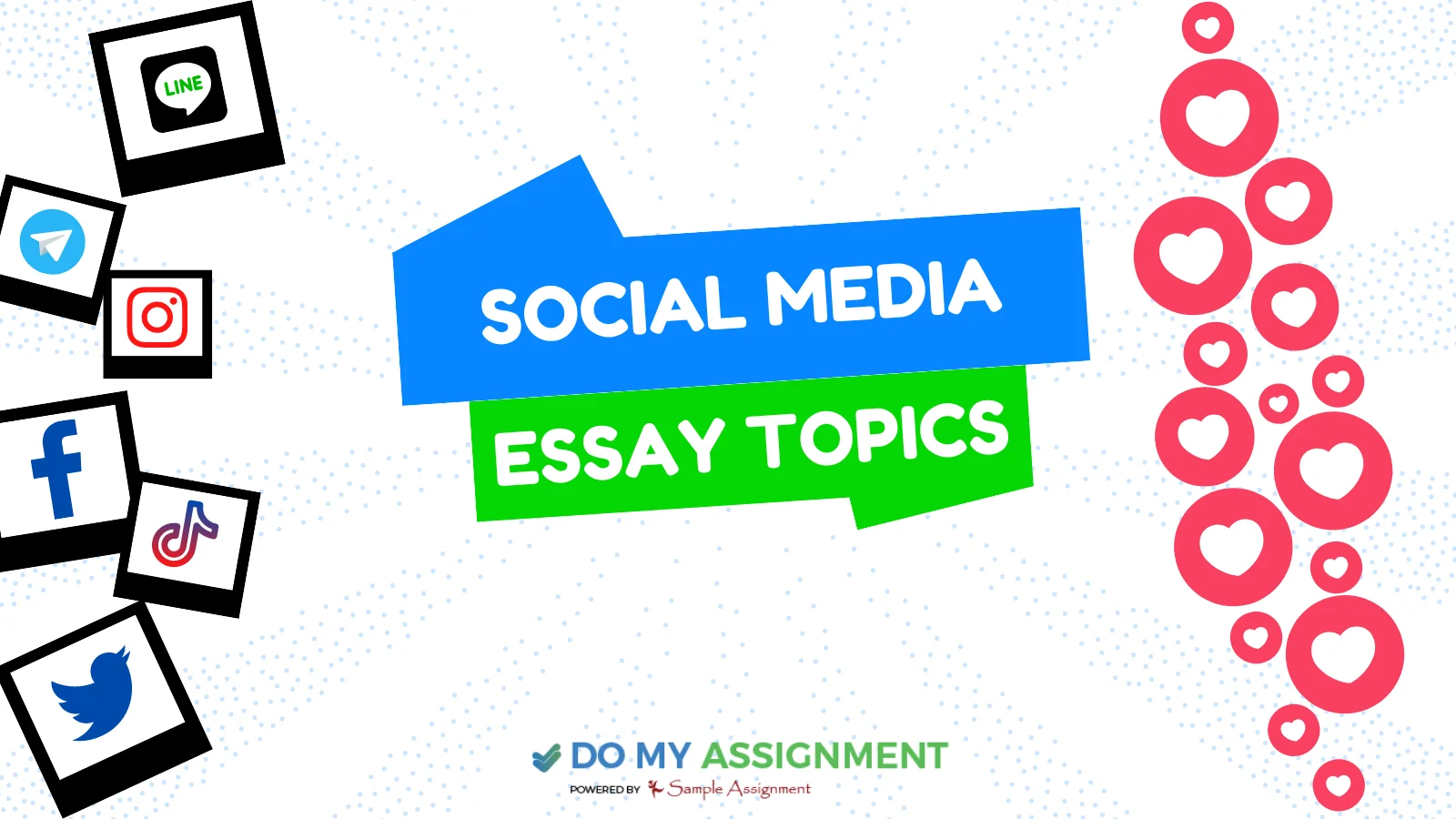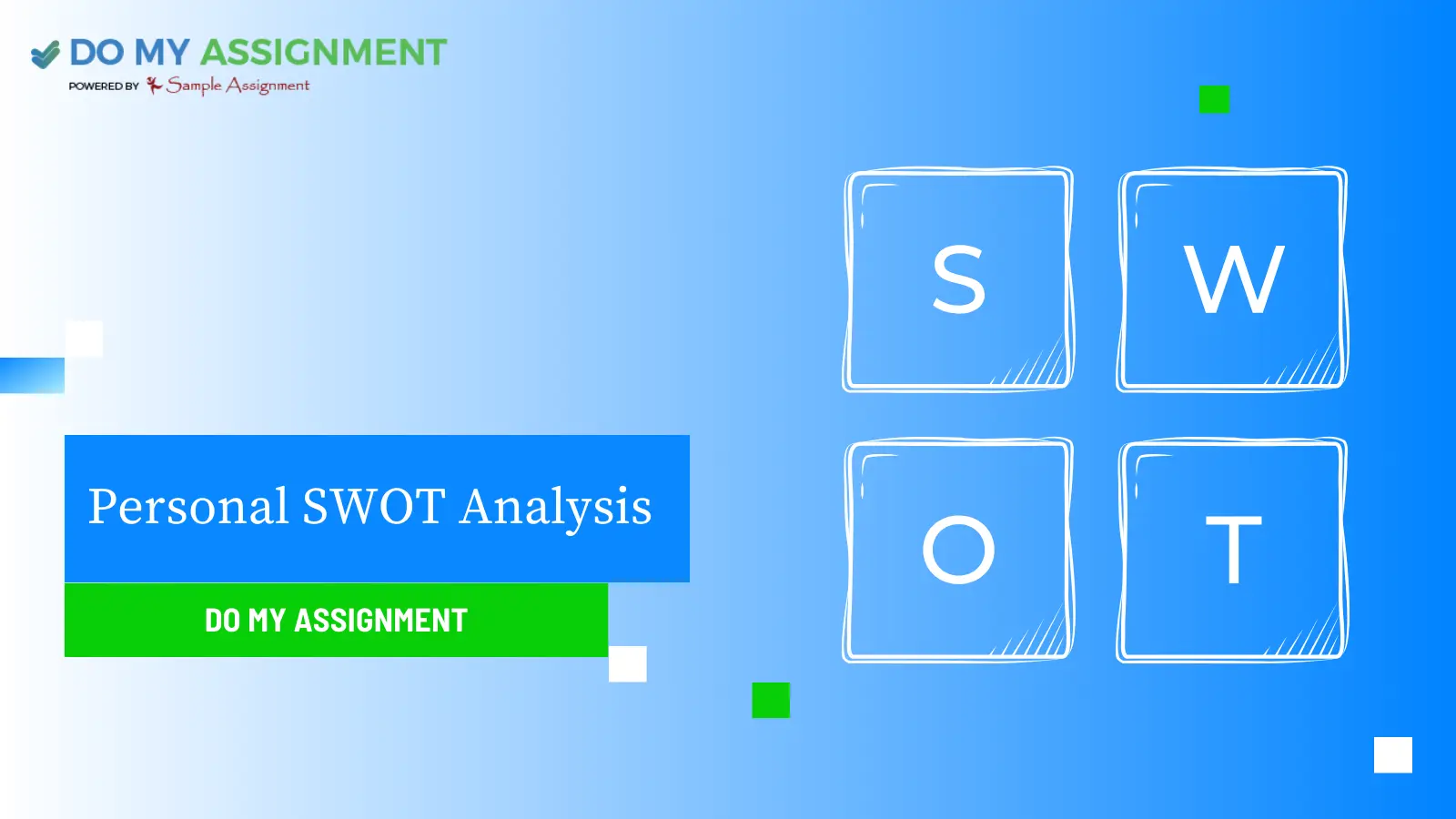Who Invented Exams? The Origin and Evolution of Examinations

Highlights
Exam day—that dreadful day. The day when the majority of us felt like puking our breakfast, lunch, and supper. Disappointment cause when you know that things are not going as well as you planned. So, are you one of those who feel anxious when you get to know that your exam is coming over? Relax, dude, grab assistance from the professional of Do My Assignment, and learn the various tips and tricks that they offer so that you can boost your academic grades? Furthermore, let’s dive into the details of why exams are important and who invented exams.
Exam anxiety is typical, especially if you feel pressured by your family or school. If you feel any of these feelings or are concerned that exam stress is taking over your life, you are not alone. So keep in mind-
“What success looks like is a lot of ups and downs, as opposed to the straight line we all imagine. Without failure, we cannot grow; without failure, there is no success.”
Exams rank among the most intimidating components of academic life. If you're a student, you've probably wondered about the history of exams and possibly wondered who came up with them. Do you want to find out who invented exams? In this blog, we'll travel back to identify the originator of the examination idea and the factors that led to its creation. Let's also deeply dive into a thorough evaluation of the global examination system's historical development. So, end up reading this blog and grab information and history reading Exams.
What is an Exam?
Are you wondering what an exam is and why you are asked to write exam in order to pass a degree? Then you are at the right place. Read this blog and know the questions that arise in your mind.
An exam is like a formal test checking what you know about a topic. It doesn't just look at what you've memorized; it also checks your abilities, skills, and how fit you are. Exams do this by asking you questions; your answers show how much you understand.
Mostly, students in schools, colleges, and universities take exams during their school year to earn a qualification. Exams help you figure out how good your memory is, what your personality is like, and how well you've studied. They also encourage you to get better at what you're learning.
Do you know that Exams come in different types? Yes, there are several types of exams. For instance, there are ones where you can use your books, ones where you speak your answers, ones you do at home, practical ones where you show how to do something, and many more. Sometimes, you write short answers, essays, or pick from multiple-choice questions. Recently, we also have exams on computers.
How exams are set up, how you take them, and how hard they are depends on your school's rules or the people in charge.
Exams aren't new; they've been around for a very long time. If you want to know who came up with the idea of exams and how they've changed over time, keep reading.
Who Invented Exams?
As already mentioned above, Henry A. Fischel was the first person who invented exams. Born in 1913, Henry served as an American-German professor emeritus at Indiana University. Further, Henry played a major role in establishing the Jewish Studies Program at Indiana University.
Under his guidance, Indiana University received a grant from the Lilly Endowment to start a Jewish Studies Program. When describing his early years, his father was a shoemaker. He has only had a strong interest in playing a variety of indoor and outdoor activities, such as chess, soccer, tennis, and competitive boxing since he was a young boy. He also had a keen interest in piano playing.
Henry graduated from the Hochschule with a degree in rabbinical studies in the year 1939, and he earned his PhD from the University of Edinburgh in the year 1945. He got a teaching job at Brandeis University in 1958, and in 1961, he also began teaching at Indiana University.
The first contribution of Henry Fischer towards the development of Exams was in the late 19th century. Exams were designed largely to measure students' knowledge and abilities. China was the first country that implement the examination system, and the Imperial Examination was the first test ever given there.
To the best of the public's understanding, the imperial examination was a system of civil service exams held in Imperial China to choose the applicants qualified for the state bureaucracy.
How & Who Invented Exams?
Do you wish to know how examinations have been utilized internationally? Let's examine it more closely.
Exams were used for the first time in ancient China. To choose candidates for positions in government, they began doing this. During the Sui Dynasty in 605 AD, it was known as the "imperial examination," and it started. But in 1905, China ceased utilizing this test method.
The use of tests to choose candidates for government employment then started in England in 1806. After some time, tests were used in schools to gauge student knowledge.
After some time, the concept of examinations spread into several nations, and each one had its unique method of administering them. Different nations still employ various test kinds nowadays based on their educational systems. However, Henry Fischel is frequently credited as the inventor of tests since it is believed that he was the one to introduce the fundamental concept of exams into education.
Purpose Of Exams For Students
Exams can make students feel stressed, but they have some good sides too. They aren't meant to make students sad but to teach them important things. Here are some reasons why exams are good for students in schools and colleges:
- It generally helps students to feel competitive and better than others.
- Exams help students work hard to score well.
- It may also help students to grab a deeper understanding of the topic so that they boost their learning ability
- Not only this but scoring well in exams also helps students get scholarships for further studies.
- Exams help students remember what they learned.
- Doing well in exams makes students feel confident in themselves.
- Help students to manage time effectively.
Difference between Exams and Tests
Exams and tests don't sound the same. Then you are wrong these two have distinct meanings, which help students to have a proper understanding of the topic. Let's talk about the differences between exams and tests, which you've probably encountered in your school life:
A test or exam assesses a student's knowledge. Exams and tests are frequently used interchangeably. Both use a sequence of questions to gauge the student's knowledge and then grade the questions to determine the outcome. Listed below is a comparison chart that distinguishes exams and Tests from each other
| Title | Exam | Test |
| Meaning | An exam is more official and indicates if a student succeeded or failed a class or course. | A test is a tool for determining your students' knowledge level so that you may change the course material properly to encourage learning among your students. |
|
Format |
Exams are like simple formal tests. |
The test is in an informal format. |
| Timing |
Exams usually happen at the end of the school year to see how well you've learned everything. |
Tests happen during the year to help you practice and learn. |
|
What Happens if You Don't Do Well |
If you fail an exam, you might need to redo the whole course or retake the exam. |
If you do poorly on a test, you usually get a chance to do better on the next one. |
How Are Exams Interrelated To Assignments?
Are you curious to know what role assignments play in exams? An Assignment is a way that every professor uses to measure students' knowledge and understanding. An assignment is an integral part that is required to measure the academic score. Assignments contain almost the highest weight in the overall examination grades of particular students. So, it is vital for students to draft flawless assignments.
Furthermore, due to the complexity of the topic and subject, students often struggle while writing their assignments. To cope with this, they seek professionals who offer may do my Assignment services. So, if you are among those who are hustling while composing your assignment but wish to score good grades. Then what are you waiting for? Connect with professional experts of Do My Assignment and leave your vows and worries on them. So, stop searching for Online Assignment Help in Australia, rely on these professionals and boost your assignment as well as your exam grades.
Finally, the roots of who invented examinations are difficult to determine. However, it is obvious that they have been present for thousands of years. Exams have developed through time, from imperial examinations in ancient China to standardized testing in the modern period. Exams are now an essential aspect of the educational system, and they are used to assess a student's knowledge, comprehension, and abilities.
Nick Johnson
Nick is a multi-faceted individual with diverse interests. I love teaching young students through coaching or writing who always gathered praise for a sharp calculative mind. I own a positive outlook towards life and also give motivational speeches for young kids and college students.








